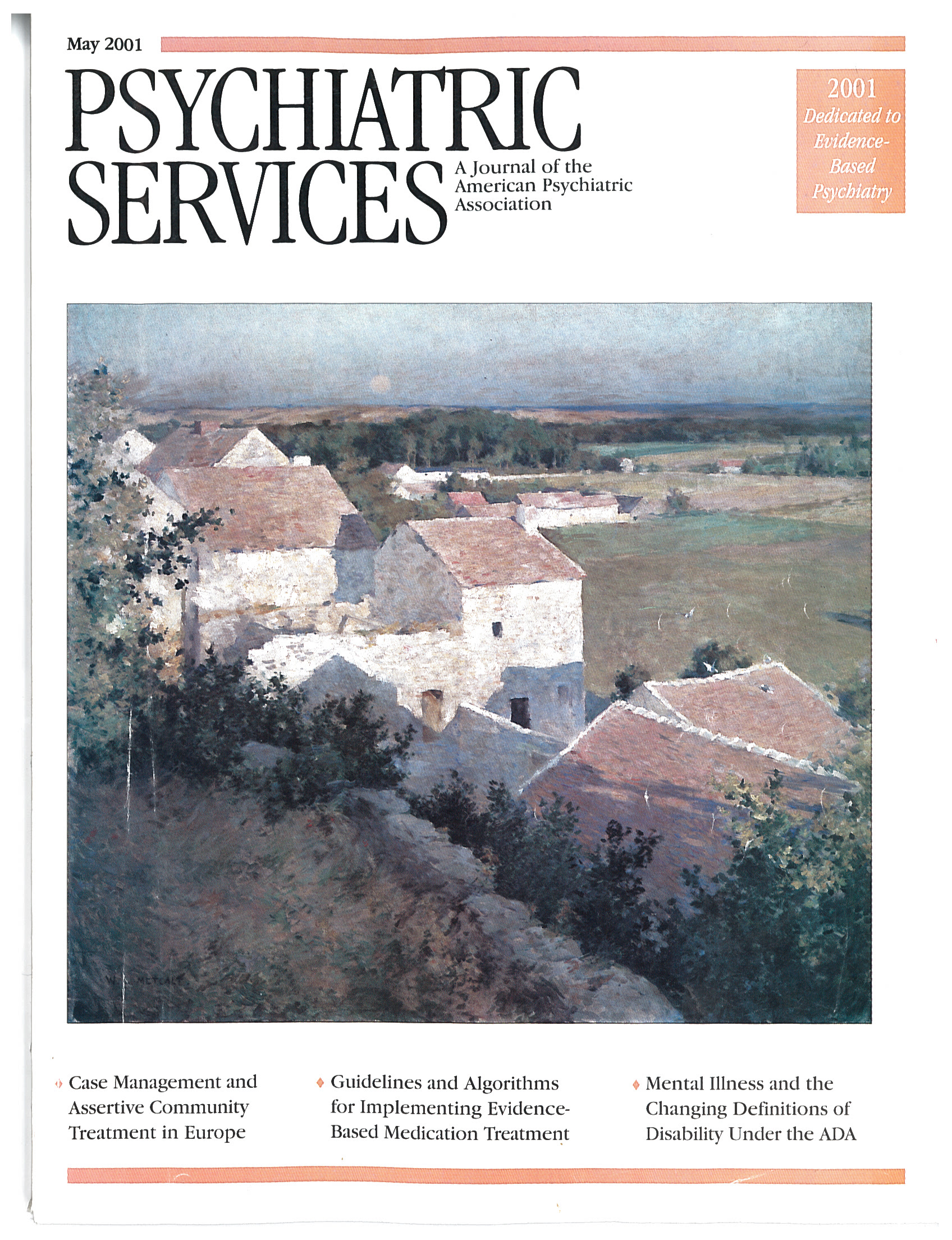Minority Health in America: Findings and Policy Implications From the Commonwealth Fund Minority Health Survey
This book provides a precise and thorough analysis of the 1994 Commonwealth Fund Minority Health Survey, a comprehensive national health survey of more than 3,700 American adults. The contributors examine the health of nonwhite people in America in the light of ethnicity, sex, work status, and other key variables. All of the authors use rigorous methods of analysis, and they all control for income and education in multivariate analyses.
Not surprisingly, they find that nonwhite Americans are more likely to be uninsured and to lack a regular source of health care. Further, nearly one in three nonwhite adults reported that they have almost no choice in where they could obtain health care. Nonwhite respondents also were less likely to be satisfied with their medical care, and they were likely to use fewer services and to be in poor health—all of which delay the seeking of medical care.
Although lower socioeconomic status explains some of the disparity between nonwhites and whites, discrimination and lack of satisfaction with services also have a role. The book emphasizes the commonality of themes across nonwhite groups but also highlights the differences within racial or ethnic subgroups of people—for example, differences between Chinese, Koreans, and Vietnamese.
The survey results point to clear strategies that must be implemented if the nation's embarrassing disparities in health and health care are to be corrected. Insurance coverage must be provided for the 43 million uninsured Americans, starting with the working poor. Twenty-one percent of African Americans, 21 percent of Asians, and 34 percent of Hispanics are uninsured.
In the meantime, because the number of uninsured persons is growing, maintaining the safety net of providers willing and able to care for uninsured patients is essential. Unfortunately, the infrastructure that supports public and subsidized programs is eroding. Policies and activities designed to ensure that managed care systems have racially and ethnically diverse health care workers, programs to ensure that all workers are culturally competent, and programs to collect epidemiologic and survey data to better understand health outcomes of nonwhite Americans are all encouraged. Health services research is needed to discover ways to ensure that patients—especially those in the Medicaid managed care system—have regular providers, to reduce discriminatory practices, to obtain insurance coverage for the poor, and to organize health care services to reduce transportation, language, and other discriminatory barriers.
Many of us already know what is in this volume, but I suppose it had to be proved again. I was reminded of when Black Psychiatrists of America presented Dr. Kenneth Clark an award for his groundbreaking research that proved that segregation harmed African-American children's self-esteem. Dr. Clark said that for nearly 20 years he had been proving beyond any doubt that segregation harmed black children, but de facto segregation continued to flourish in the United States. Thus he had to conclude that there was nothing wrong with his proof, but something was wrong with the jury.
Dr. Bell is chief executive officer and president of Community Mental Health Council, Inc., and professor of psychiatry and public health at the University of Illinois at Chicago.



